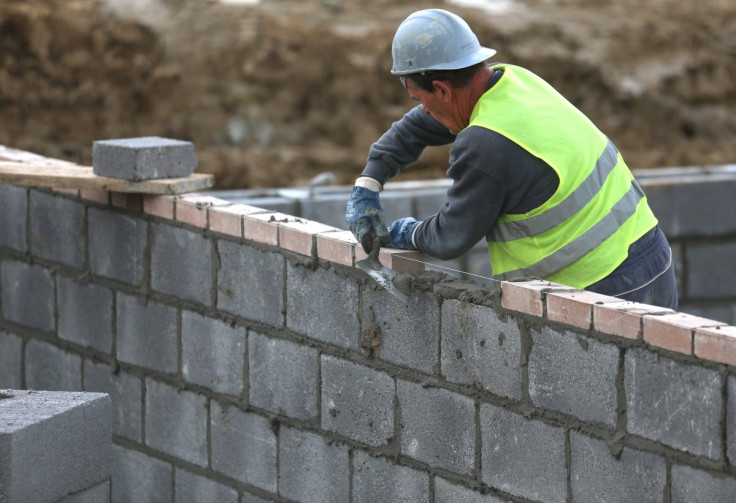Why SME builders are the solution to the UK's appalling housing crisis
It's time to recognise the essential role SME property businesses play in a healthy housing market.

You'd need to have been a featherweight to be bowled over the government's recent housing White Paper. An exercise in understatement, the paper delivered no knockout blows. Instead it made clear that there will not be a quick fix to the UK's sustained and debilitating housing crisis – the worst we've endured since the end of the Second World War.
What the housing White Paper proposes are incremental changes, piece by piece, that collectively improve the state of play meaningfully. It's a sensible strategy that, if successful, could help the current government become the first in decades to achieve – if not exceed – the housebuilding targets it has set for itself.
Yet, somewhere in the small print there were only fleeting assurances that small-scale property investment and development businesses can play an active role in fixing the broken housing market. Our own report out this week has sought to address this, and put property SMEs centre-stage to deliver a meaningful solution to a housing problem that's lasted far too long.
These businesses – and the entrepreneurial owners and employees behind them – have been in sustained decline for decades, forced to comply with ever-tougher tax and regulatory frameworks and an access to land policy that distorts the market in favour of the larger housebuilders, as well as an unerringly constrained funding environment. At the height of the last housebuilding boom in the late 1980s, there were more than 12,000 SME operators building homes; today their numbers have been reduced to a fifth of that. It's an appalling statistic, but sadly not a surprising one.
Predictably, as their numbers have fallen, so has total market output. The Home Builders Federation predicts that if we could even just return to the sort of market plurality we saw in 2007, there'd be 25,000 more new homes on UK streets every year.
Small- and medium-sized property businesses are essential for a healthy housing market. It's easy to overlook their positive social and economic impact, so permeating has their reputation become of amateur landlords and rogue outfits who are unprofessional and exploitative of their tenants. This description has been liberally applied like a helpless life sentence to a sector as a whole, the vast majority of whom are property professionals who have excellent relationships with their tenants and uphold good levels of maintenance and service.
Property investors put unlivable homes back into the system; they take the worst house on your street and make it presentable again; they provide much-needed stock to a thirsty rental market, filled with people for whom home-ownership is unattainable or undesirable.
Likewise, small-scale housebuilders build new homes, often on small sites that don't appeal to the dominant housing giants. They turn ugly commercial eyesores into sought-after housing units. They all employ local tradespeople and supply welcome green spaces in densely packed urban areas.
It's time to recognise the essential role SME property businesses that invest in, build and refurbish homes can play in buoyant local and national economies. If we don't, we risk losing another generation of property entrepreneurs, with a devastating impact on the country as a whole.
Christian Faes is the co-founder & CEO of LendInvest.
© Copyright IBTimes 2025. All rights reserved.






















